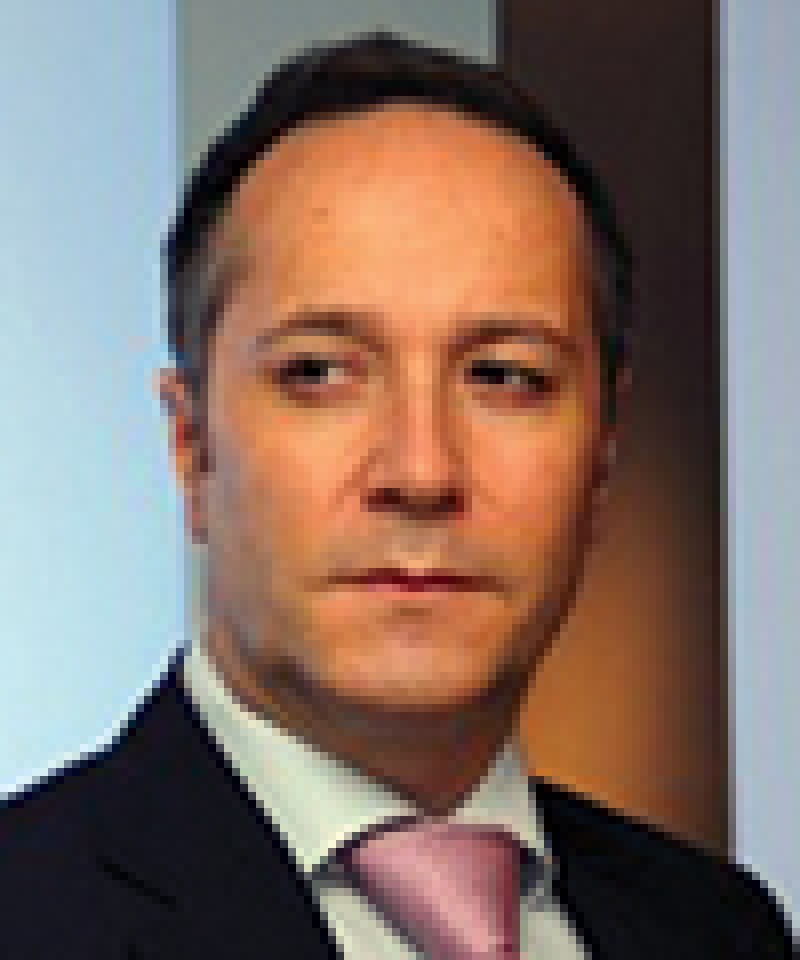
|

|
|
Henri Prijot |
Anastasia Pakhomova |
The Russian 'de-offshorisation' campaign entered into action on January 1, 2015 and the increased focus on bringing capital back home has already resulted in an increased administrative and compliance burden for taxpayers, and additional tax liabilities are to follow.
The new law particularly focuses on the taxation of controlled foreign companies (CFC). CFC laws are generally aimed at ensuring an appropriate level of taxation of income sheltered in offshore and low-tax jurisdictions and the Russian CFC law is no exception. Although Russia is not an OECD member and its accession process to the OECD has been postponed, Russian lawmakers appear to monitor the international tax trends. As such, definitions incorporated in the Russian CFC law cover cases of legal, economic, and de facto control, which are in the spirit of the international tax developments on strengthening CFC rules under BEPS Project Action 3, for example.
Under the Russian law, any foreign corporation or an unincorporated entity is a CFC if it is not a Russian tax resident and it is controlled directly, indirectly, or jointly (with spouses and minor children) by Russian tax resident natural or legal persons (CFC controlling persons). Thus, even trust and fund structures are affected, including Luxembourg SIFs, among others. CFC controlling persons are further defined as those who own a significant stake (an ownership threshold is given in the law) in the CFC or who have significant influence over its profit distribution decisions. The CFC controlling persons have to report the CFC's undistributed profits pro rata to participation in the CFC. Although this approach seems reasonable, 'the devil is in the detail'. For instance, the CFC's profit should be computed for each CFC on a stand-alone basis, which will pose issues for consolidated groups. In certain cases it will be required to prepare the financials of the CFC using Russian generally accepted accounting principles and to calculate profits of the CFC based on the Russian tax rules. This may be avoided for some Luxembourg structures, since Luxembourg has a tax treaty with Russia (one of the requirement of the law).
Some CFC profits may be exempt from taxation in Russia, while still being subject to the reporting requirements. CFC controlling persons using Luxembourg structures will, in most cases, be subject to the reporting requirements. It seems that a majority of Luxembourg CFCs will not fall under the tax exemptions. For instance, holding and private wealth structures are unlikely to pass an effective tax rate or an active business test, as defined in the law. However, income of certain Eurobond structures, banking and insurance groups, active companies and non-commercial funds or organisations can benefit from the exemptions. A Luxembourg entity should generally be outside of the scope of the CFC law if it is owned through a listed Russian entity.
Regarding other novelties of the 'de-offshorisation' law, the concept of a tax residency for legal entities was introduced, the beneficial owner definition was codified, and taxation of real estate rich companies was revisited. Although it will be difficult to apply some of the new concepts in practice, it is clear that with a low level of substance in a foreign country, Russian tax authorities will have more grounds to question the taxpayer's position. For example, a Luxembourg and any other foreign entity can be recognised as a Russian tax resident, if either their executive bodies or key management personnel operate mostly from Russia. The new law also closed the loophole, thus ensuring that capital gains from both direct and indirect sale of Russian real estate rich companies (for example through sale of a Luxembourg (sub)holding company) should be subject to tax in Russia.
In our view, the new law is an opportunity to implement robust international tax planning ideas, which should be solid from the viewpoint of international and the Russian tax laws. Nonetheless, in reality it seems the business community is not certain about what to expect. Figures speak for themselves, though: fewer than 4,000 notifications about participation in foreign entities were submitted by Russian businesses. Moreover, it could be said that the authorities view the tax amnesty, which promised full exemption from criminal and administrative punishments and non-payment of taxes for previous periods, as a failure (fewer than 200 self-declarations were submitted). It seems the 'de-offshorisation' campaign has received a hostile reception from the business community, possibly due to an historically low level of trust toward the ruling elite and the fundamental institutions such as the legal, tax, and court systems.
Henri Prijot (hprijot@deloitte.lu) and Anastasia Pakhomova (apakhomova@deloitte.lu)
Deloitte Luxembourg
Tel: +352 45145 2878 and +352 45145 4107









